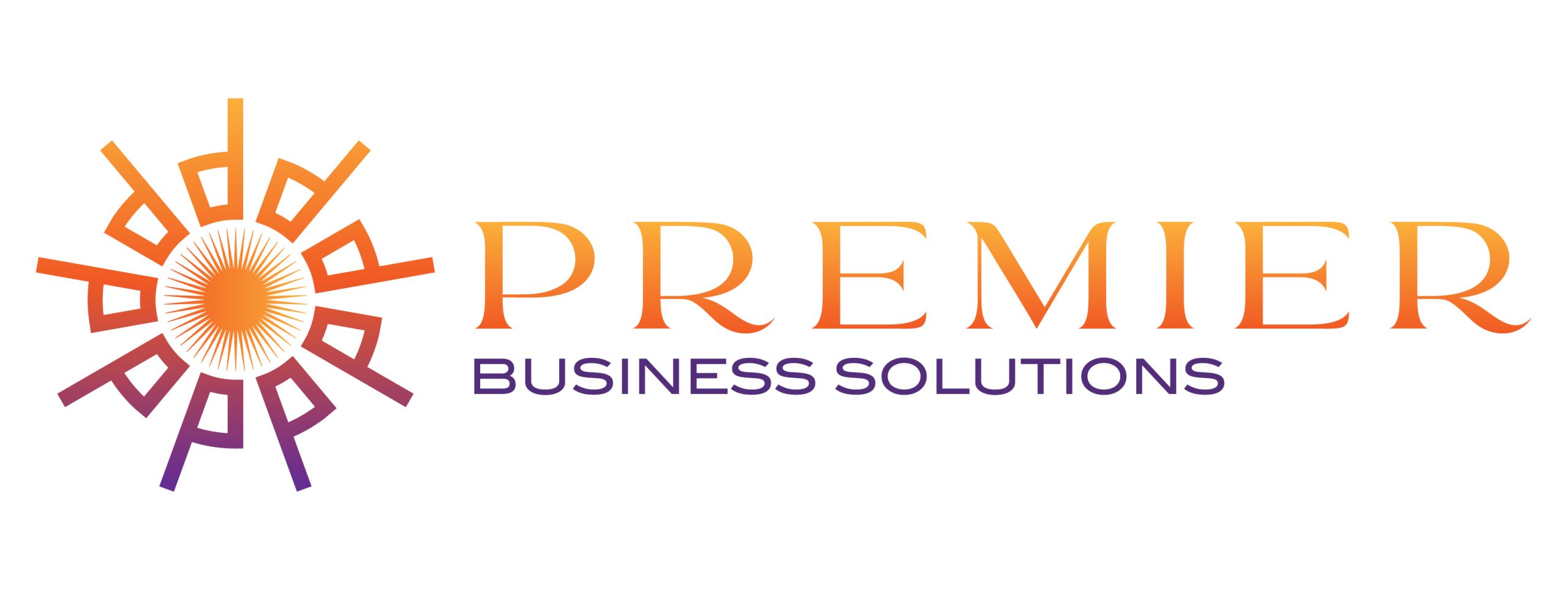Maximizing Your Year-End Tax Deductions: Six Effective Strategies for 2024
As we approach the end of 2024, strategic tax planning can greatly impact your business’s financial health. Implementing smart tax deductions now can lead to significant savings when you file your return. Here, we’ll discuss six practical tax strategies that can help your business minimize its tax liability and, in some cases, defer income to the following year.
1. Prepay Expenses Using the IRS Safe Harbor
One of the most straightforward ways to accelerate deductions is by prepaying certain expenses. Thanks to the IRS safe harbor rule, cash-basis taxpayers can prepay qualifying expenses up to 12 months in advance without any challenge, adjustment, or change. This means that as long as the expenses don’t extend beyond the following tax year, you can claim them in 2024.
Examples of qualifying expenses:
- Lease payments on business vehicles
- Office and equipment rent
- Business and malpractice insurance premiums
Illustration: If you pay $3,000 per month for rent, prepaying the entire 2025 rent of $36,000 before December 31, 2024, allows you to claim that deduction on your 2024 taxes. The payment date is what determines the deduction, not when the landlord receives the check.
2. Delay Billing Until After Year-End
If you run a cash-basis business that operates on a calendar year, delaying invoices can effectively defer income to the next year. This approach is particularly useful for service providers like consultants, lawyers, or medical practitioners.
Example: Jake, a dentist who typically bills patients at the end of each week, can hold off on sending his December invoices until January 2025. By doing so, Jake shifts that month’s income into the next tax year, reducing his 2024 taxable income.
3. Purchase Office Equipment
Investing in new or used office equipment before year-end can yield substantial deductions. Thanks to Section 179 expensing and bonus depreciation, eligible purchases made and put into service by December 31 can be written off immediately.
Items eligible for these deductions include:
- Office furniture and fixtures
- Computers and machinery
- Certain qualifying vehicles
Benefit: This strategy can lead to a significant reduction in taxable income, allowing you to make necessary investments in your business while enjoying a tax break.
4. Leverage Your Credit Cards for Business Expenses
When running a business as a sole proprietor or single-member LLC, the date you charge an expense to your credit card is considered the date of payment. This means you can deduct qualifying expenses as soon as they are charged, even if you pay off the card later.
Key points to remember:
- If your business is a corporation and holds a corporate credit card, the same rule applies: the deduction occurs on the charge date.
- If you use a personal credit card for corporate expenses, ensure the corporation reimburses you before the end of the year to claim the deduction.
By making last-minute purchases with your credit card, you can maximize deductions for office supplies, marketing materials, or other business essentials needed for the new year.
5. Don’t Underestimate Your Deductions
It’s crucial to document all eligible business expenses, even if they result in a net operating loss (NOL). An NOL occurs when your deductions exceed your business income, which can be carried forward to offset taxable income in future years, providing a potential cash flow advantage down the road.
Advice: Always keep thorough records of your deductions, and don’t hesitate to claim legitimate expenses even if they create a loss. This can turn into valuable tax benefits for future years.
6. Manage Qualified Improvement Property (QIP)
Qualified Improvement Property refers to improvements made to the interior portion of non-residential buildings, such as offices and retail spaces. QIP does not include structural enlargements, elevators, or internal structural framework.
Why it matters:
- QIP is eligible for 15-year depreciation, not the typical 39-year period, making it eligible for accelerated deductions.
- Section 179 expensing and 60 percent bonus depreciation can apply, allowing for substantial immediate write-offs.
Deadline: To claim these deductions for 2024, improvements must be placed in service by December 31.
Conclusion
Implementing these tax-saving strategies can make a significant difference in your year-end finances. From prepaying expenses and delaying income to making strategic equipment purchases and handling QIP correctly, there are ample opportunities to reduce your taxable income. Keep meticulous records, consult with a tax professional for personalized advice, and take action before the year’s end to maximize your potential deductions.
Taking these steps now could be the difference between paying more than necessary or enjoying the financial flexibility that comes with effective tax planning.

